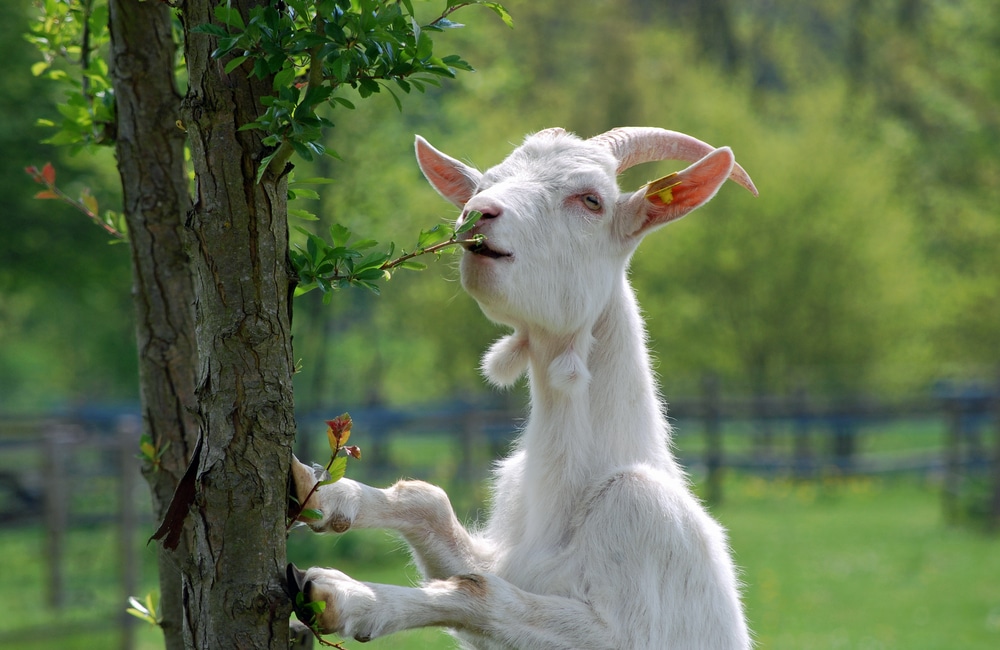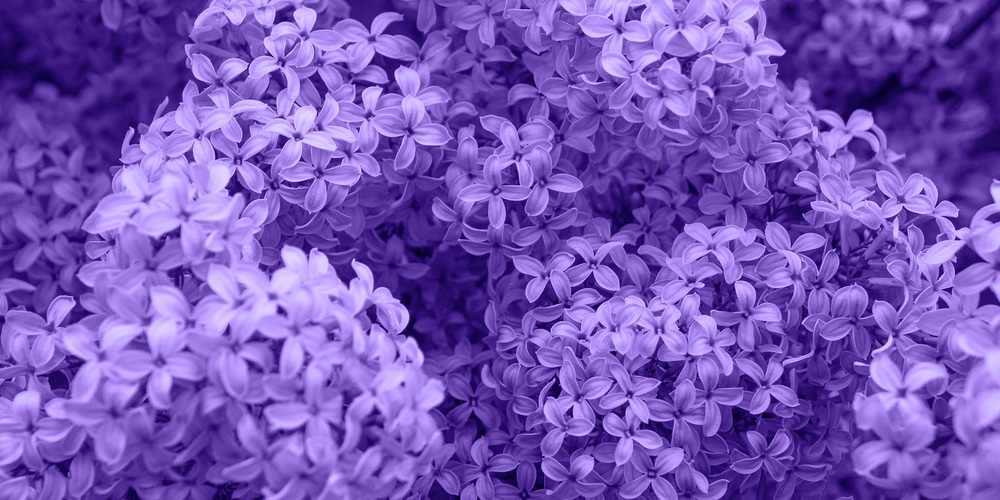Lilac shrubs are delicate-looking flowering plants that perform well as shrubs and hedges. With their bright and long-lasting blooms, these bushes add color to your garden and contribute to attracting plenty of pollinators to your yard. With them in your garden, you’ll notice flourishing and lush plants around you.
Lilacs are also relatively easy to grow and tend to be fuss-free: you won’t have to worry too much about them, provided that you meet their basic requirements for survival. For instance, you must plant your shrubs under direct light. Doing so will not only make your plants’ flowers brighter, but it will contribute to better blooms production. Select a suitable location with proper lighting. Plus, ensure the soil you use is well-draining and slightly alkaline.
Besides some regular watering and pruning, you won’t have to do much with these plants. If your soil conditions are rich, don’t bother with fertilizer. And even if you feel the need to add extra feeding to your plants, use organic materials instead.
Bone meal and mulch are preferable over store-bought products. But if you trust fertilizers more, ensure you purchase one with the right balance of nutrients: it should be 5-10-10 of nitrogen, phosphorous, and potassium.
But if you have pets running around, should you worry about them eating your lilacs bush? Say, for example, you live somewhere with lots of animals. If you have not only a dog or a cat but other types of mammals, can you leave them running around your yard? In essence, are lilacs poisonous to goats?
Can Goats Eat Lilacs
One of the best things about lilacs (besides the fact that they are lovely shrubs that require little to no attention from your side) is that they don’t contain any toxins or chemicals that might harm humans or other animals. Yes, their flowers produce a fragrant scent, but they won’t cause any irritation to the skin.
Plus, even if some pets might feel like munching on them, you have nothing to worry about: these plants are free of poison. Whether you notice your goats eating your lilacs’ branches, leaves, flowers, or even roots, there is nothing that will harm your animals.
Some people mistakenly think that lilacs are toxic because of another plant that causes a severe reaction when eaten: the Persian lilac shrub. Despite its name, this plant has nothing to do with lilac shrubs. Indeed, it doesn’t even grow in the same hardiness zone: while lilacs need mild temperatures and do best between 4 to 7, Persian lilacs(also known as Chinaberry tree) prefer warmer climates.
That said, it is worth pointing out that there are more than 800 varieties of lilacs. While most produce edible flowers that you can use to decorate your meals, some display blooms that may cause digestive issues in animals. But the reaction is never severe and usually lasts only for a few hours.
Can Goats Eat Lilacs?: Final thoughts
So, to keep things short: yes, goats can safely eat lilacs. Goats prefer eating the bark and branches of lilacs. Usually, they won’t think twice about banqueting on your plants. But if you can, it is a better choice to keep your animals from chewing on your shrubs. Not only because they might damage their appearance, but also because in the long term, too much consumption of these plants might upset the digestive system of your goats.
The same applies if you have dogs and cats. While nothing in lilacs will poison them, minimize their munching on these plants. If you notice your animals vomiting or having diarrhea, they probably ate something that upset their stomach. If you are concerned that might have been your lilacs, don’t worry, nothing severe should happen. Still, if you notice severe symptoms, contact your veterinarian to take adequate measures.
Still, most animals (including goats) might try to munch on your lilacs if hungry enough. But if they experience a reaction (such as a stomach ache, vomiting, or diarrhea) afterward, you can rest assured they will stay away from your shrubs in the future. Besides being careful with Persian lilac, which contains chemicals toxic to most animals, if you have goats, you must avoid planting French lilac too. This plant produces galenin, a substance that might be lethal in sheep.
Related Article: Can Goats Eat Honeysuckle?

